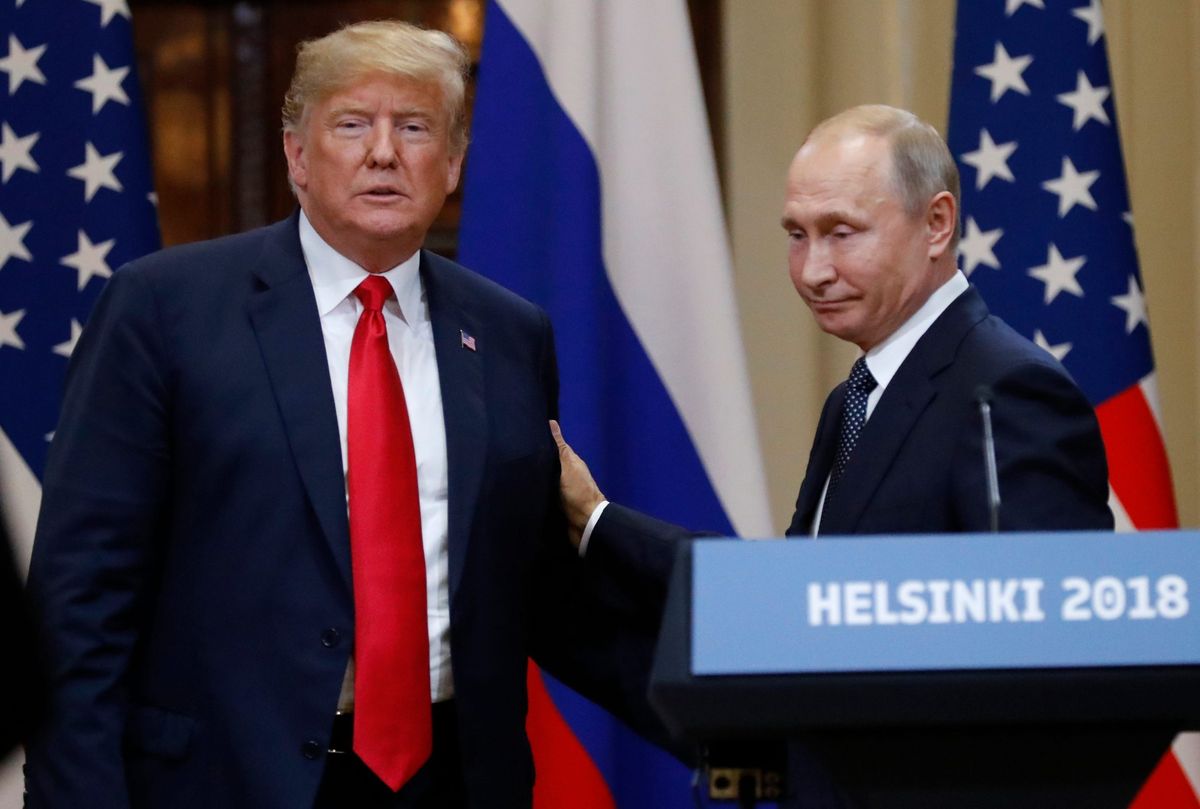US urges China to reconsider invitation to join US-Russia nuclear disarmament talks

A few minutes every morning is all you need.
Stay up to date on the world's Headlines and Human Stories. It's fun, it's factual, it's fluff-free.
On Wednesday, United States Envoy for Arms Control Marshall Billingslea pushed China to reconsider participating in trilateral nuclear disarmament negotiations, calling for the end of their “Great Wall of Secrecy.”
Billingslea will be meeting Russian Deputy Foreign Minister Sergei Ryabkov in Vienna on June 22 to discuss the extension of the New Strategic Arms Reduction Treaty (New START), which is set to expire in February 2021.
The current New START conditions oblige the US and Russia to halve their strategic missile launcher inventories, limit their number of deployed nuclear warheads and allow for both remote and on-site monitoring to verify compliance.
In his first invitation to China, Billingslea said that the future of arms control “must be multilateral,” calling for the world power to join them in a “new, trilateral agreement with better verification.”
“Seeking great power status means assuming great power responsibility,” he added. “No secretive, unconstrained nuclear buildup.”
As tensions between the US and China intensify, the Trump administration raised concerns that the expanding Chinese nuclear and missile arsenal could pose as a threat to the US and its allies.
However, China has declined the US’ multiple invitations to join the June 22 meeting, calling them an attempt to “deflect responsibilities to others.”
During a press conference on Tuesday, Chinese foreign ministry spokesperson Hua Chunying reiterated that China has “no intention” to participate in trilateral arms control negotiations with the US and Russia.
She also questioned the US claim to negotiate in “good faith,” citing their unreliability in previous agreements.
“In recent years the US has withdrawn from the JCPOA and the INF Treaty, unsigned the Arms Trade Treaty, pulled out of the Open Skies treaty only recently, and entertained the thought of resuming nuclear tests,” said Hua. She then labeled their behavior as “ridiculous and even surreal.”
Russia and the US, the world’s original nuclear powers, are estimated to have approximately 6,000 nuclear weapons each. China in comparison, is considered to possess the world’s third largest nuclear arsenal at a reported estimate of 320 nuclear weapons.
“Until the US and Russia cut their stockpiles to the same level as China’s – or China builds up its nuclear capacity to the same level of the US and Russia – China won’t sit down at the negotiating table with [them],” said Song Zhongping, a military analyst based in Hong Kong.
Russia, a close political ally of China, also doubted that Beijing would accept the invitation.
“The ball is on the American part of the court,” said Ryabkov.
“If the US believes it’s worth continuing this dialogue with Russia or, for the US point of view, the Chinese participation is an absolute imperative that precludes (the) US from continuing a meaningful and forward-looking dialogue with Russia on arms control.”
He also suggested that if China were to be included in talks, the forum should be opened to US allies with smaller nuclear powers, such as Britain and France who possess an estimated 195 and 290 nuclear weapons respectively.
“The logic is a very simple one … and we cannot simply ignore capabilities of some others,” he added.
Have a tip or story? Get in touch with our reporters at tips@themilsource.com




Comments ()